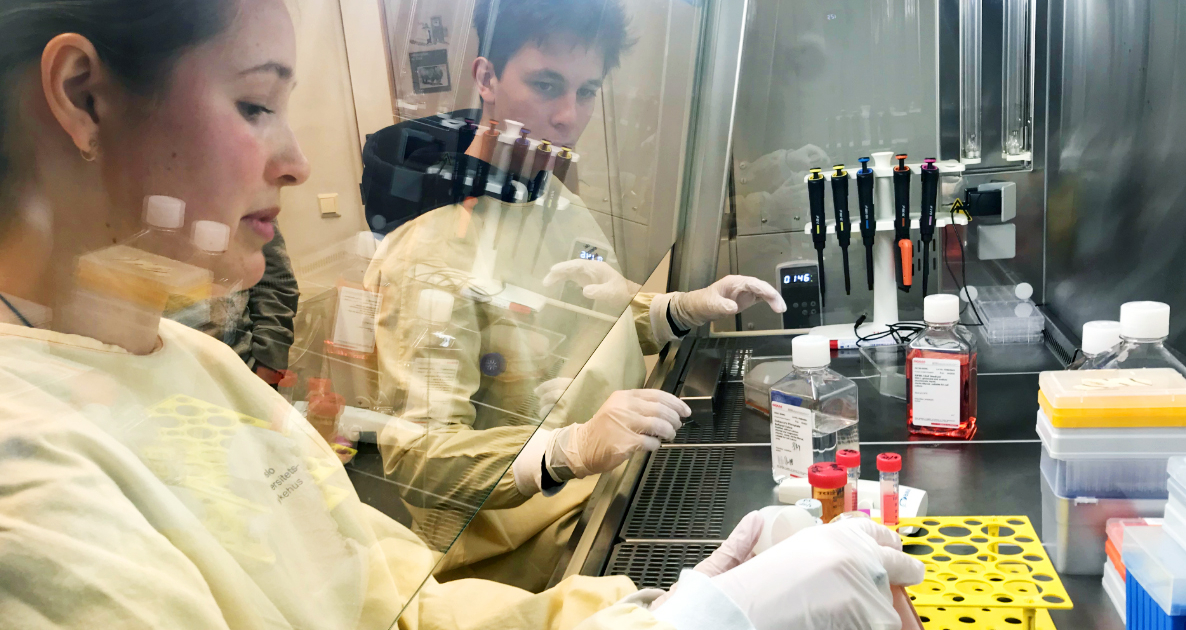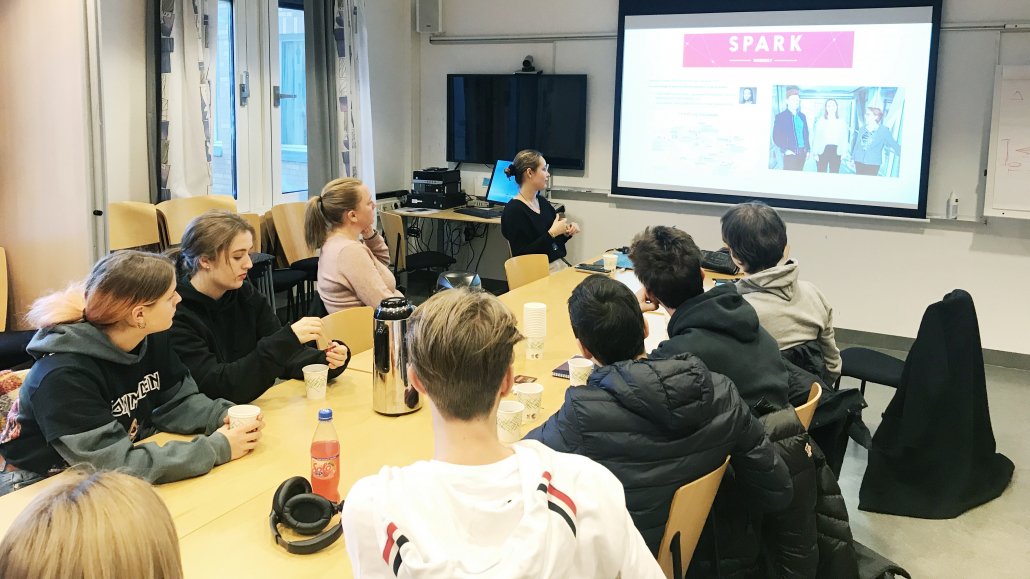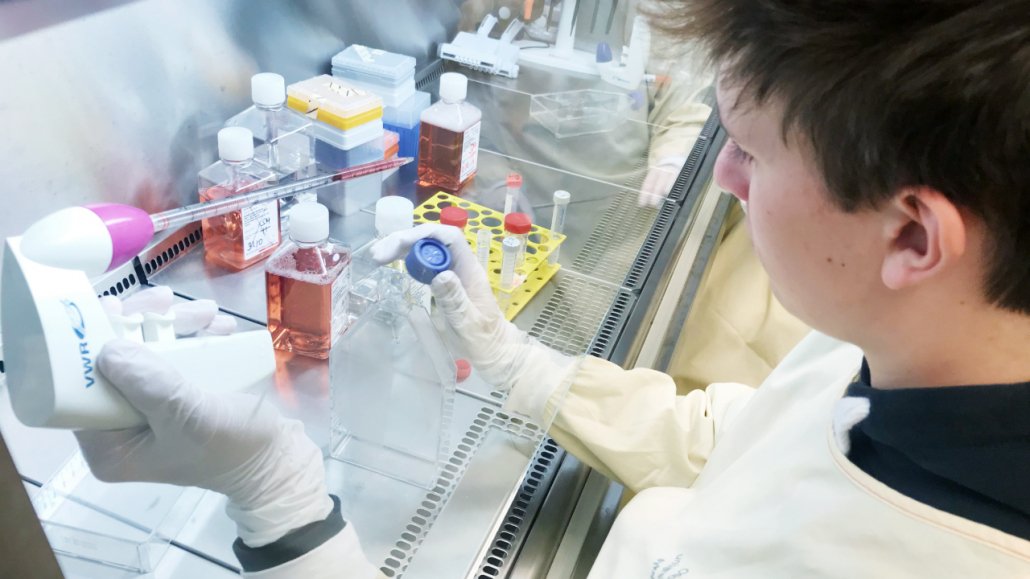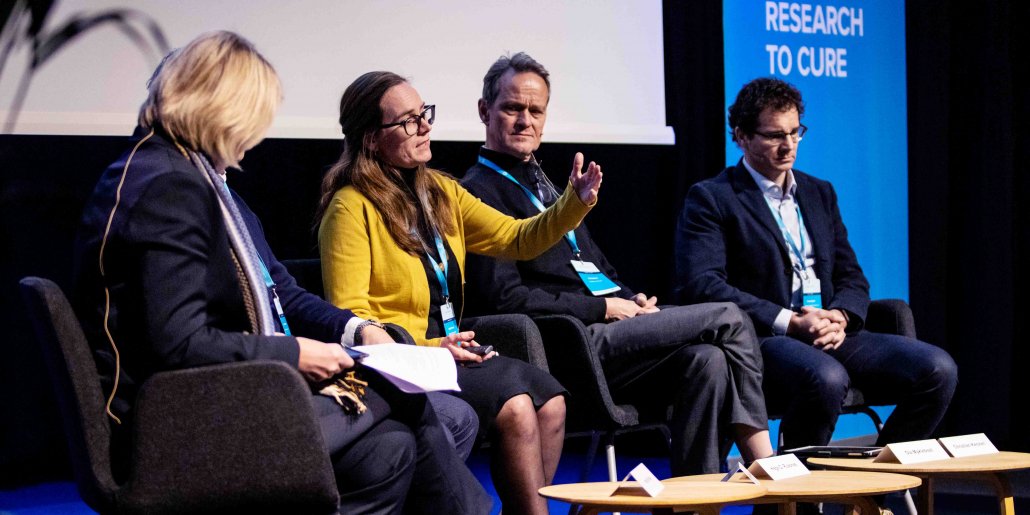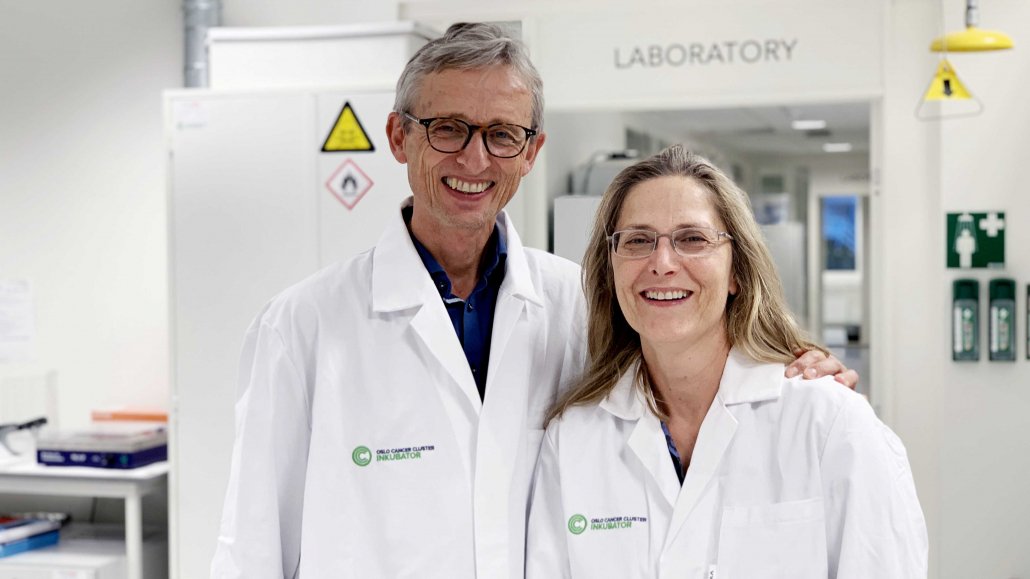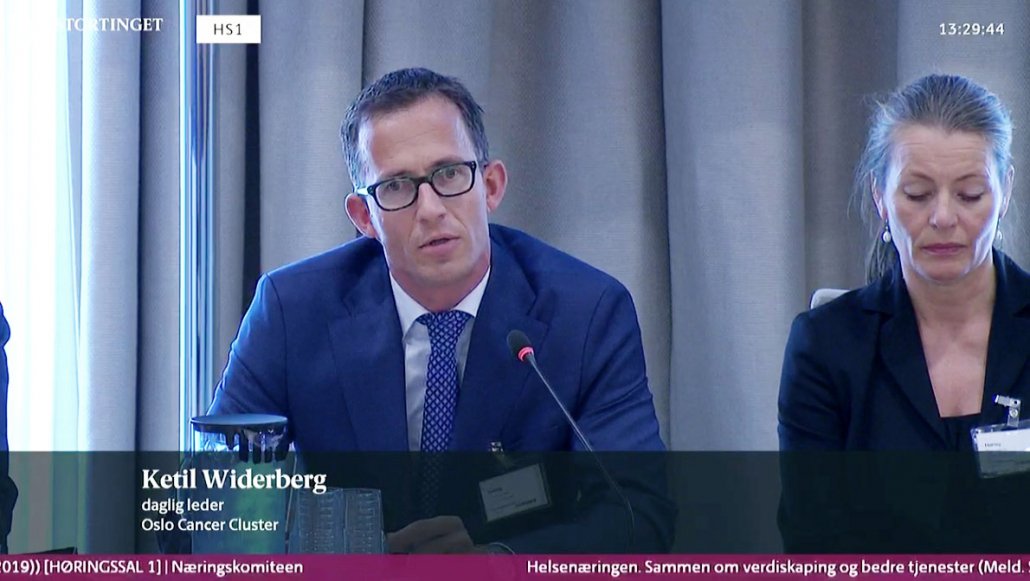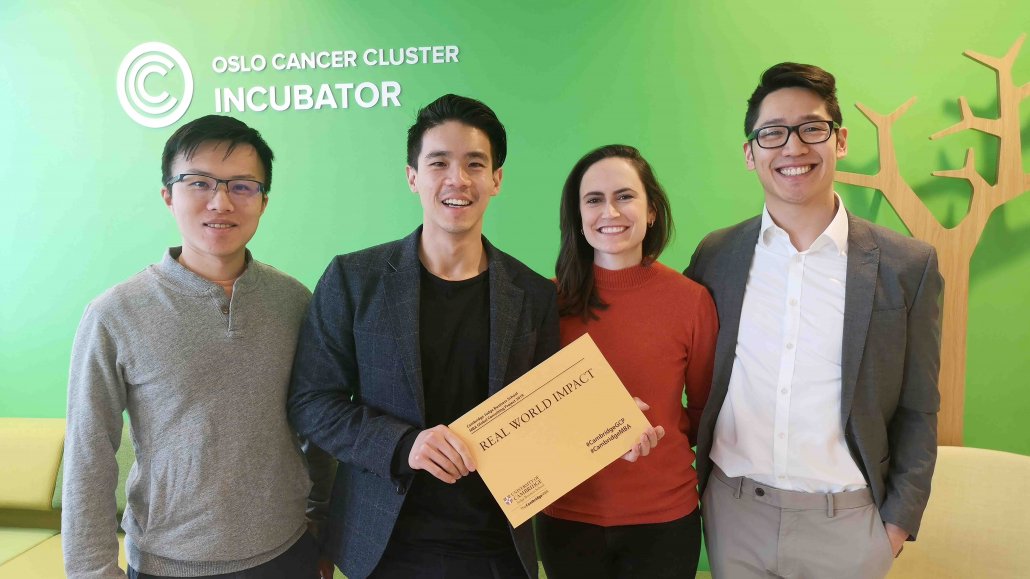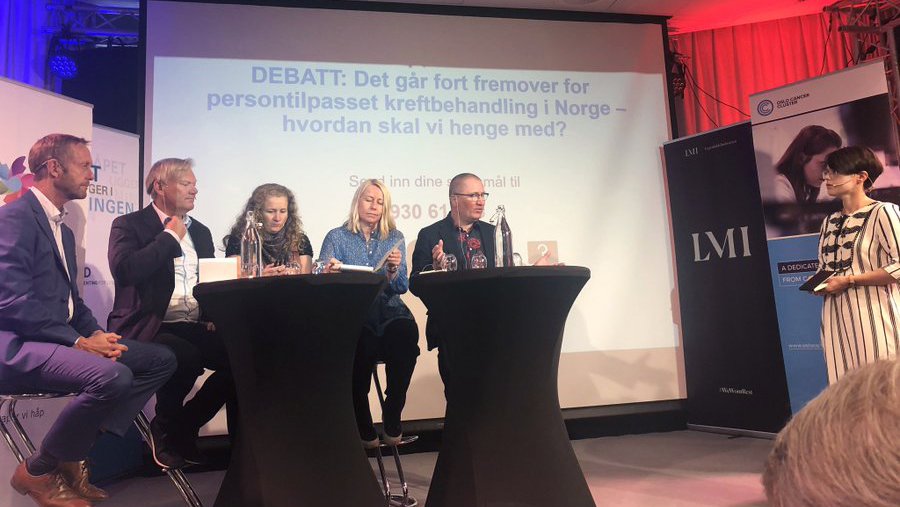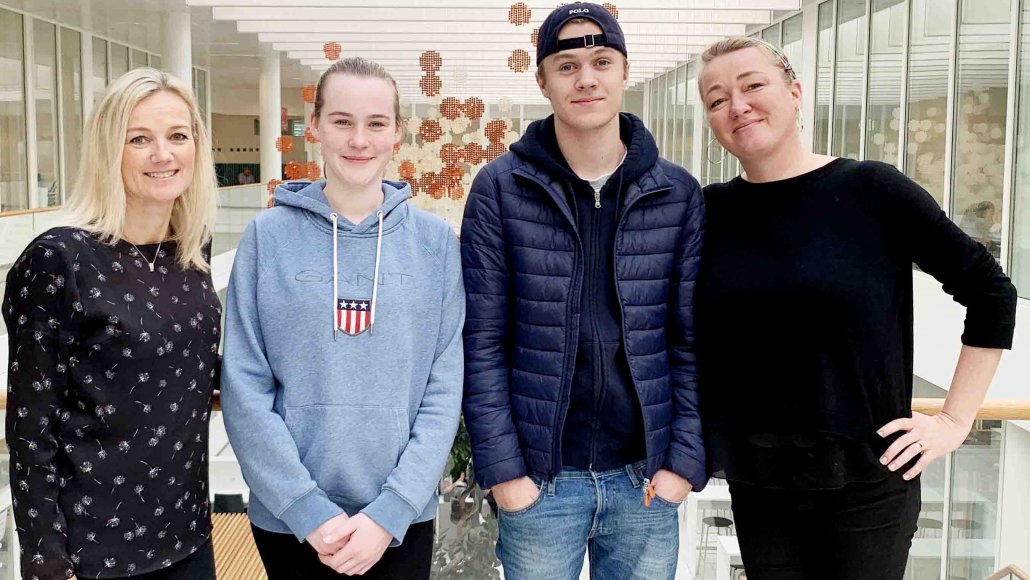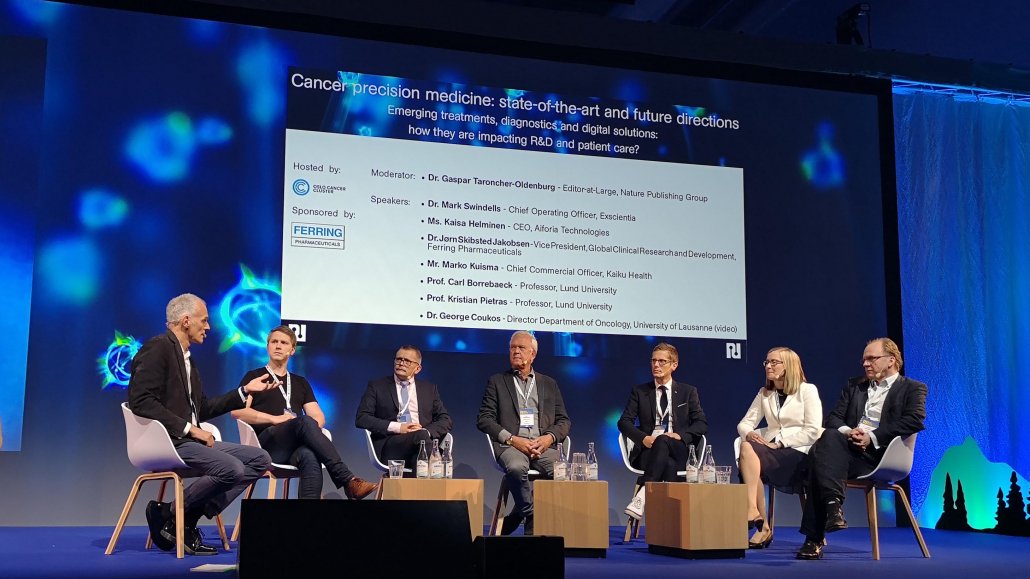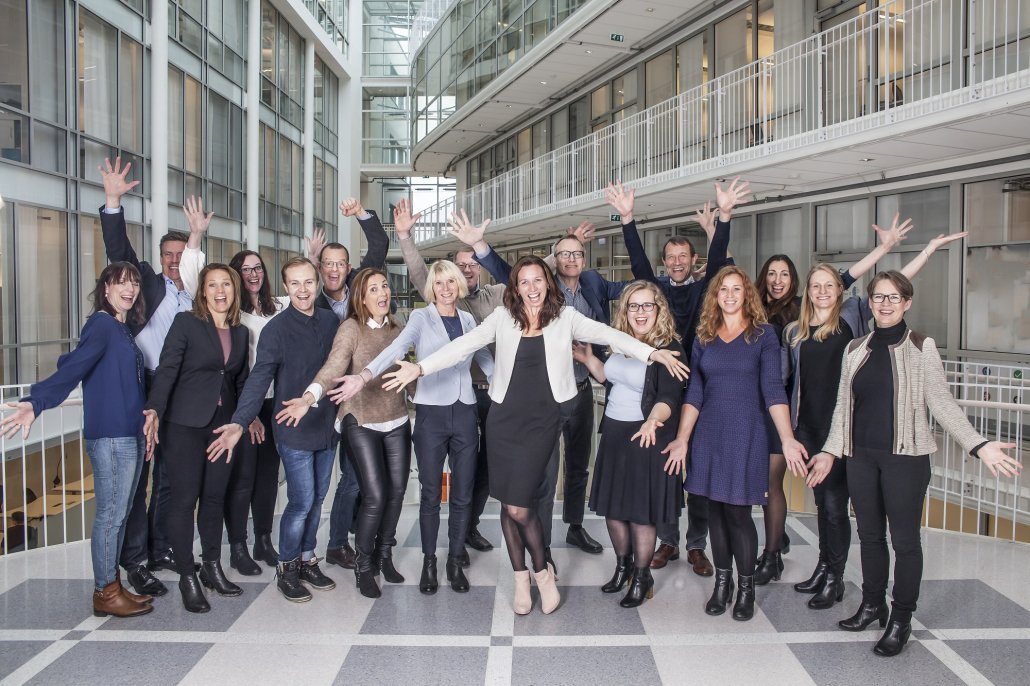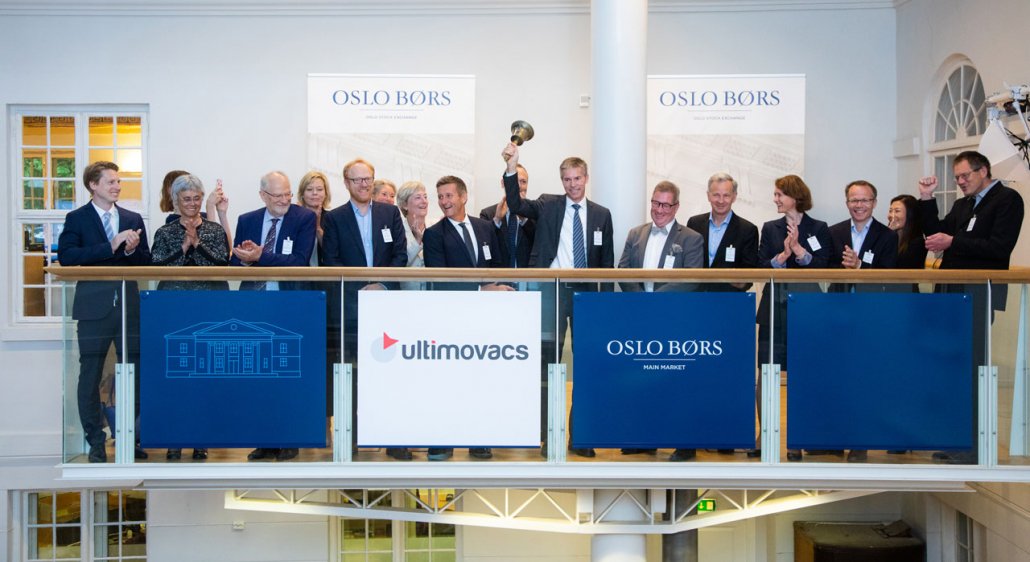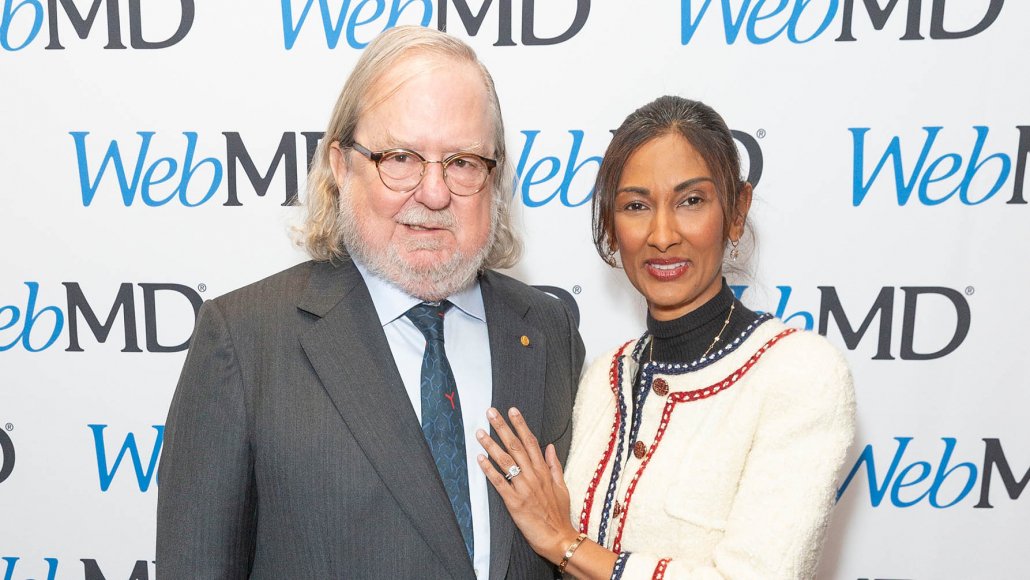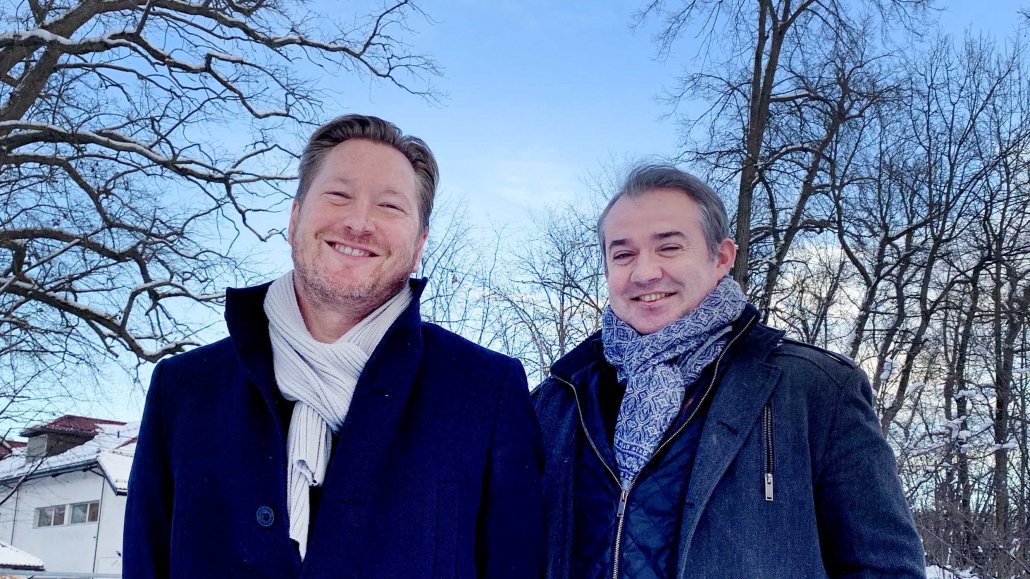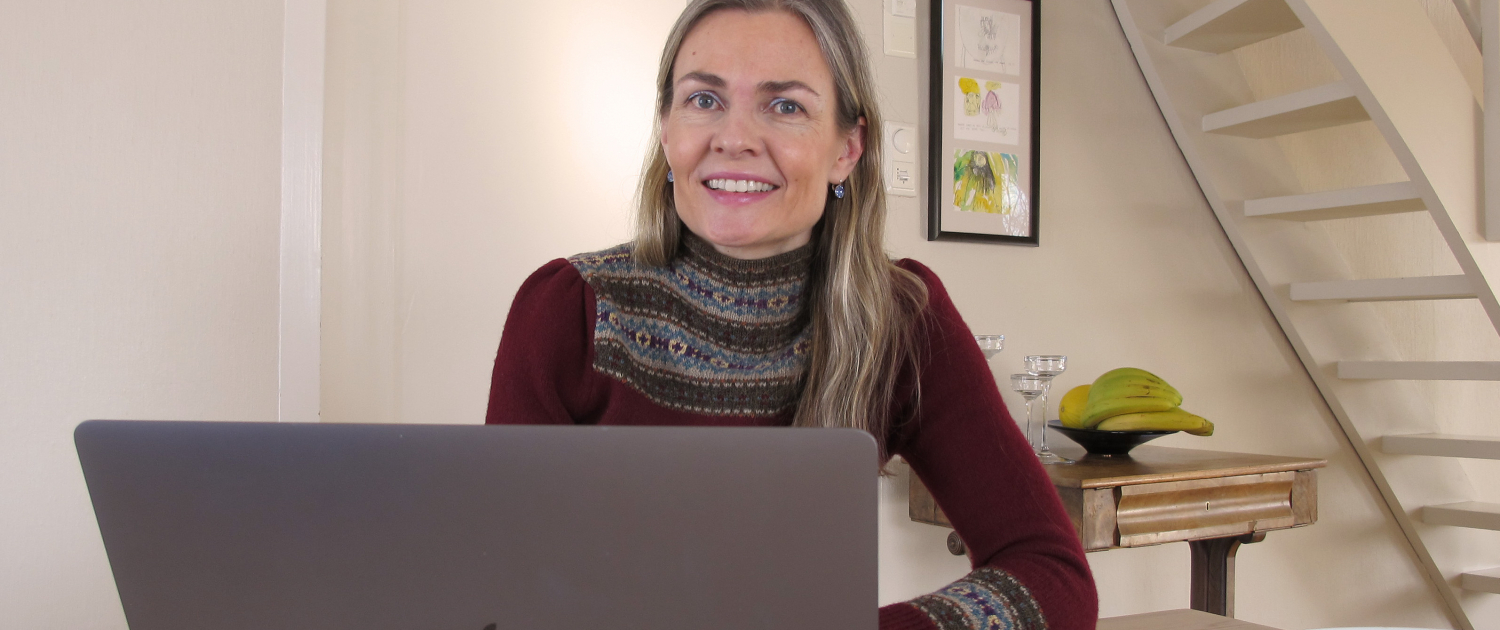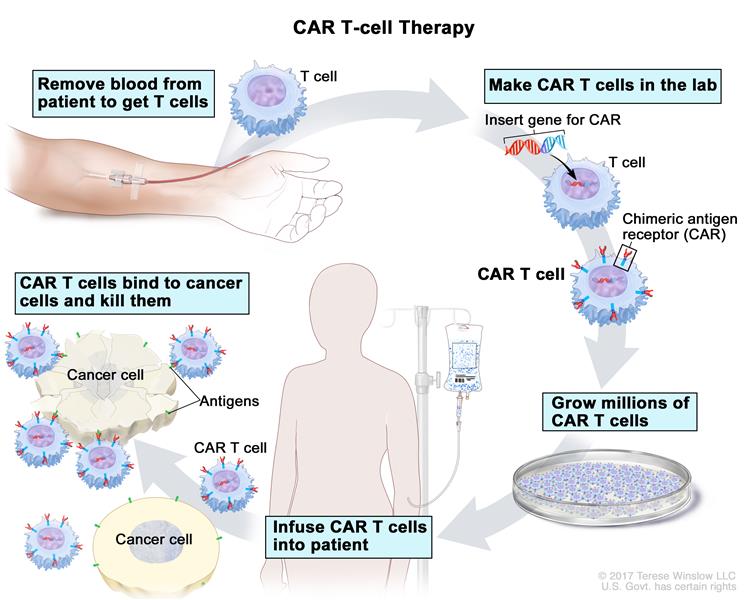Oslo Cancer Cluster Innovasjonspark med ny eierstruktur
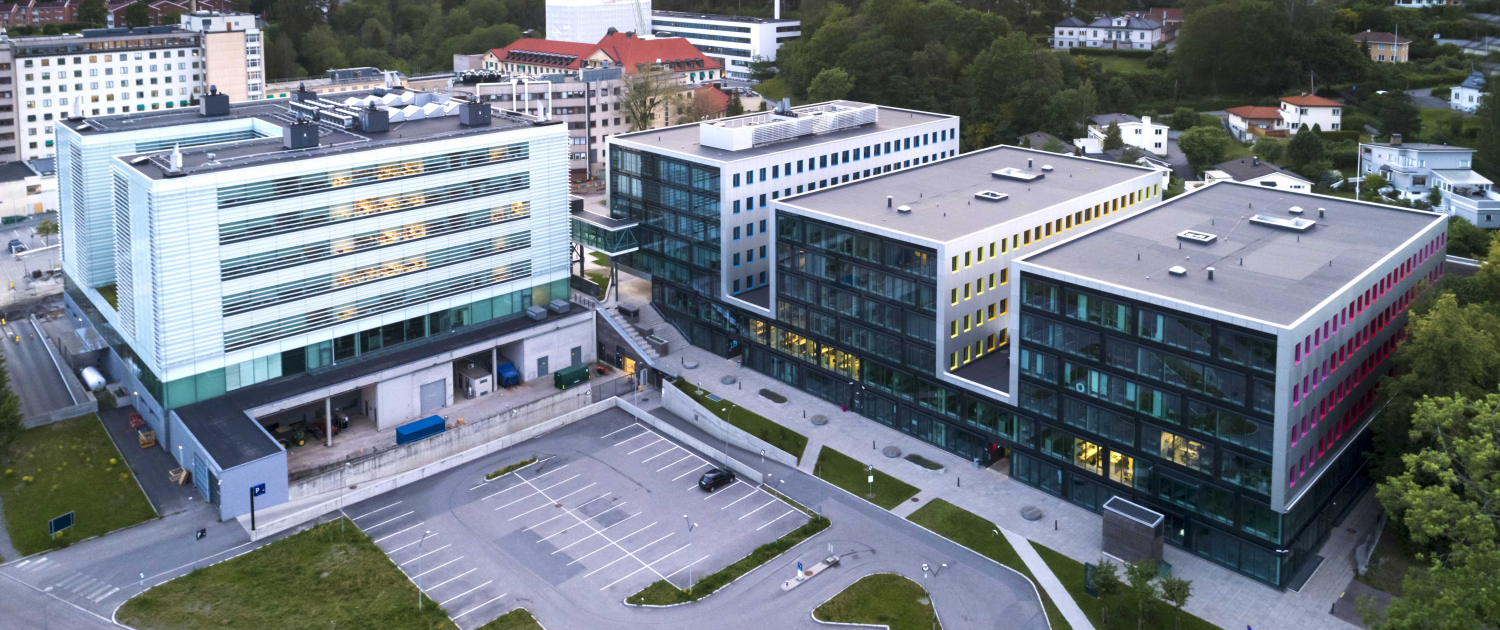
Please scroll down for a version of this article in English.
Dette er endringene i eierstrukturen for Oslo Cancer Cluster (OCC) Innovasjonspark og OCCI Holding AS i begynnelsen av 2020.
OCC Innovasjonspark har siden starten vært eid av Utstillingsplassen Eiendom AS (UPL), Industrifinans OCCI AS, Siva Eiendom, Oslo Cancer Cluster, Radiumhospitalets Legat for Kreftforskning og OBOS Eiendom.
OBOS solgte sin eierandel til øvrige eiere tidligere i 2019. I en ny transaksjon 13. januar 2020 solgte UPL og Industrifinans OCCI AS sine aksjer til en ny eier, OCCI Invest AS. I samme transaksjon har Oslo Cancer Cluster solgt en mindre prosentandel.
Et kraftsenter innen kreft
OCC Innovasjonspark ligger på Montebello i Oslo ved siden av Oslo Universitetssykehus Radiumhospitalet og Institutt for kreftforskning. Parken åpnet offisielt i august 2015.
Innovasjonsparken huser mange bedrifter som utvikler kreftbehandlinger og diagnostikk, deler av Oslo Universitetssykehus, Kreftregisteret, Radforsk, Oslo Cancer Cluster Incubator, Oslo Cancer Cluster og Ullern videregående skole.
UPL og Industrifinans OCCI AS har sammen med de øvrige eierne, gjennom sitt eierskap i OCCI Holding AS, vært med på å utvikle OCC Innovasjonspark til et kraftsenter innen kreft. UPL har også hatt prosjektansvar og ansvar for å forvalte eiendommen.
– Vi er svært takknemlig for de investorene som investerte i et risikoprosjekt, som var nytt og banebrytende før det åpnet, sier Jónas Einarsson, styremedlem i OCC Innovasjonspark og Oslo Cancer Cluster.
Innovasjonsparken er i dag utleid til viktige samfunnsfunksjoner, og har blitt en naturlig del av et viktig økosystem for kreftforskning i Norge.
Gir stafettpinnen videre
Som en del av sin strategi, gir tidligere eiere nå stafettpinnen videre til nye og langsiktige eiere i OCCI Invest AS. Selskapet er eid av solide eiere, og det er etablert og forvaltet av Pareto Securities AS.
– Konseptet til innovasjonsparken utvikler vi videre – med nye langsiktige investorer. De kan vente seg mye av framtidig utvikling her, og jeg ser fram til å utvikle prosjektet videre med nye og gamle eiere, sier Einarsson.
Tron Sanderud, administrerende direktør i UPL, er også stolt av prosjektet. UPL vil fortsette som forvalter av eiendommen inntil videre.
Nytt bygg planlagt
Innovasjonsparken består i dag av ca. 36 000 kvm kontorer, laboratorier, møterom, auditorier, undersøkelsesrom og videregående skole for over 900 elever.
– Vi har planlagt å bygge nye 7 000-8 000 kvm i andre byggetrinn. Dette bygget vil bli utviklet med nye og spennende prosjekter i samarbeid mellom akademiske institusjoner og industrien. Vi planlegger å starte prosjekteringen av det nye bygget i løpet av 2020, forteller Einarsson.
Nye eierandeler i januar 2020
OCCI Invest AS: 53.7 %
SIVA Eiendom Holding AS: 40,7 %
Radiumhospitalets legat for kreftforskning: 4.6 %
Oslo Cancer Cluster: 1,0 %
Oslo Cancer Cluster Innovation Park gains new owners
The following changes are being made to the ownership of Oslo Cancer Cluster (OCC) Innovation Park and OCCI Holding AS as of the beginning of 2020.
OCC Innovation Park has since its opening been owned by Utstillingsplassen Eiendom AS (UPL), Industrifinans OCCI AS, Siva Eiendom, Oslo Cancer Cluster, Radiumhospitalets Legat for Kreftforskning and OBOS Eiendom.
OBOS sold their shares to the other owners earlier in 2019. In another transaction on 13 January 2020, UPL and Industrifinans OCCI AS sold their shares to a new owner, OCCI Invest AS. In the same transaction, Oslo Cancer Cluster has sold a smaller percentage of their shares.
A power centre in cancer
OCC Innovationpark is located in the Montebello area of Oslo, next to the Oslo University Hospital (Radiumhospitalet) and the Institute for Cancer Research. The park was officially opened in August 2015.
The Innovation Park houses many companies that develop cancer treatments and diagnostics, parts of Oslo University Hospital, the Cancer Registry of Norway, Radforsk, Oslo Cancer Cluster Incubator, Oslo Cancer Cluster and Ullern Upper Secondary School.
UPL and Industrifinans OCCI AS have together with the other owners, through their ownership in OCCI Holding AS, developed OCC Innovation Park to a power centre in cancer. UPL have also been responsible for projects and for managing the property.
“We are very thankful to the investors that invested in this risk project, which was new and ground-breaking before it opened,” said Jónas Einarsson, board member in OCC Innovation Park and Oslo Cancer Cluster.
The Innovation Park is today leased for important services to society and has become a natural part of an important ecosystem for cancer research in Norway.
Passing on the baton
As a part of their strategy, the former owners are now passing on the baton to new and long-term owners in OCCI Invest AS. The company is owned by solid owners and is established and managed by Pareto Securities.
“We are continuing to develop the concept of the Innovation Park – with new, long-term investors. They can expect a lot of future developments here and I look forward to develop this project further with new and current owners,” Einarsson said.
Tron Sanderud, CEO of UPL, is also proud of the project. UPL will continue as manager of the property.
New building planned
The Innovation Park today consists of approximately 36 000 square meters of offices, laboratories, meeting rooms, auditoriums, patient screening rooms and an upper secondary school with over 900 students.
“We have planned to build 7 000-8 000 square metres as part of the second construction phase. This new building will be developed with new and exciting projects in collaboration with academic institutions and the industry. We are planning to start the scheme for the new building during the course of 2020,” said Einarsson.
New shareholding as of January 2020
OCCI Invest AS: 53.7 %
SIVA Eiendom Holding AS: 40,7 %
Radiumhospitalets legat for kreftforskning: 4.6 %
Oslo Cancer Cluster: 1,0 %


